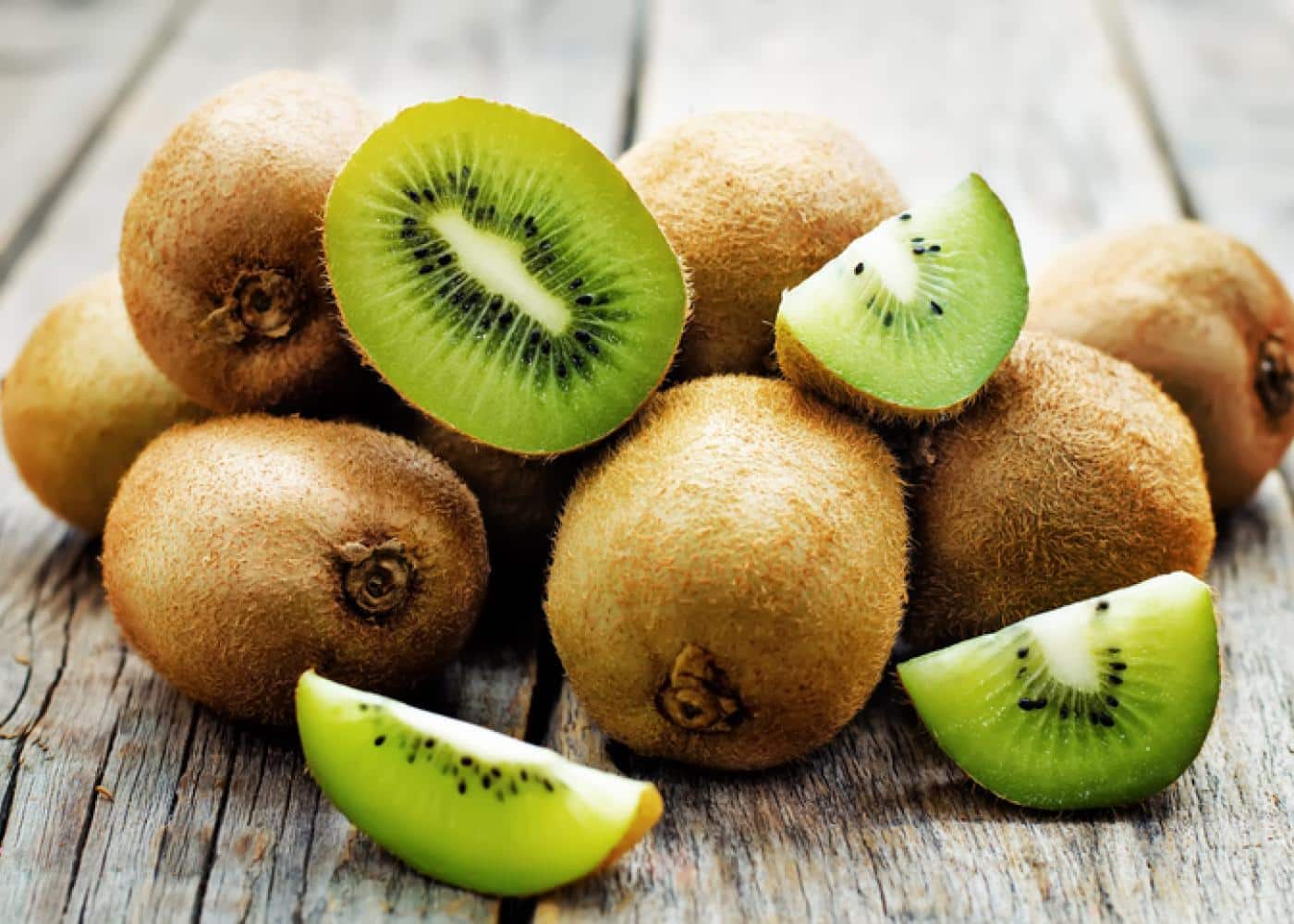
Can You Eat Kiwi While Pregnant?
Pregnancy is an incredible journey full of joy and anticipation. Your body is changing in so many ways, you can feel your baby growing and moving inside you—it’s like a miracle! It’s a time of excitement and uncertainty as you prepare for the big day. Even though pregnancy can be overwhelming at times, there are endless moments of pure contentment and joy too. From feeling your baby flutter and kick inside you to finally meeting your little one in person—pregnancy is a unique and amazing experience that every woman will remember forever.
If you’re pregnant and have been told to avoid all kinds of fruits, especially the exotic ones, you may be wondering if you can still eat a kiwi.
Can You Eat Kiwi While Pregnant?
The answer is a resounding yes! Eating kiwi while pregnant is not only safe but also incredibly beneficial. Packed with tons of valuable vitamins, minerals, and antioxidants, kiwi helps to maintain your vision, promote a healthy immune system, and improve overall well-being during pregnancy. Not to mention, it’s also delicious! So don’t be afraid to chow down on some of these sweet little fuzzy gems throughout the nine months of pregnancy. Enjoy the benefits, and savor all the juicy sweetness!
What is Kiwi?
Kiwi is a small, fuzzy fruit with abundant essential vitamins and minerals. Specifically, it is an excellent source of vitamin C, potassium, folate, and antioxidants. These nutrients are vital for the healthy development of a baby in utero. Furthermore, kiwi’s antioxidant properties can offer protection to both mother and child against harmful free radicals.
What Makes Kiwi Such a Great Food Choice During Pregnancy?
Kiwi is an incredibly beneficial fruit for pregnant women, as it contains a wealth of vitamins and minerals essential for their health and their child’s healthy development. Research demonstrates that consuming adequate amounts of vitamin C during pregnancy can reduce the risk of preterm birth.
Folate, also known as vitamin B9, is particularly important for the proper development of the baby’s brain and nervous system and helps reduce the likelihood of neural tube defects. Moreover, potassium assists in regulating the body’s blood pressure, fluid balance, and heart rhythm and is necessary for the growth of muscles and nerves. These vital nutrients make kiwi a valuable addition to any pregnant woman’s diet.
But are there any Downsides to Eating Kiwi While Pregnant?
When expecting, it is prudent to be mindful of a few things when consuming kiwi. To begin with, kiwi possesses natural laxative qualities which can cause stomach discomfort or looseness in the bowels if consumed excessively. Moreover, some people may be allergic to kiwi and display symptoms such as itching mouth, throat, or skin.
While kiwi is an excellent source of essential vitamins and minerals that are significant in guaranteeing the wellbeing of your unborn baby, it is recommended to speak with a doctor before making any dietary changes and to be attentive for any negative repercussions. To ensure a healthy gestation period, it is best to maintain a balanced diet that consists of various fruits, vegetables, and whole grains.
How Many kiwis can I Eat a Day During Pregnancy?
It is imperative to consider that the recommended daily intake of kiwi during pregnancy can differ according to one’s individual needs and dietary requirements. As a general protocol, it is suggested to ingest 2-3 servings of fruits in a day while expecting. One serving of kiwi is the equivalent of one medium-sized fruit or around 1/2 cup of cut kiwi.
Be aware that overindulgence in kiwi can potentially lead to stomach upset or diarrhea due to its natural laxative effects. In this regard, it is suggested to commence with a small serving first then raising the amount gradually as your body adapts to the same.
Additionally, some individuals may be affected by allergic reactions in response to kiwi resulting in symptoms such as an itchy mouth, throat, or skin. If symptoms appear, it is best to stop consuming kiwi and seek medical attention from your doctor immediately.
It is highly advisable to consult a medical doctor or a nutritionist before making any changes to the diet during pregnancy. Such professionals can furnish customized recommendations based on one’s individual needs and dietary requirements.
Alternatives to eating Kiwi while pregnant
Pregnant women have a host of nutritious alternatives to kiwi they can incorporate into their diet, including oranges, strawberries, papaya, spinach, broccoli and guava. Filled with vitamins C and folate, these options serve as superb substitutes for kiwi in terms of nutritional benefits.
For instance, oranges can be eaten whole or juiced; meanwhile, papaya contains enzymes that can facilitate digestion, and spinach is an excellent source of vitamin K.
Furthermore, broccoli offers vitamin K and guava comes teeming with antioxidants to ensure the healthy development of both mother and baby alike. Lastly, bell peppers contain beta-carotene which is converted to Vitamin A, thus contributing to the health of your baby’s eyes and skin.